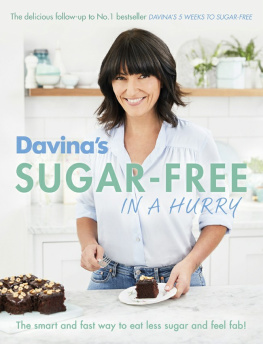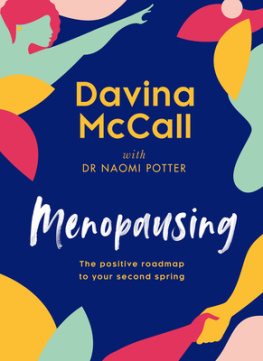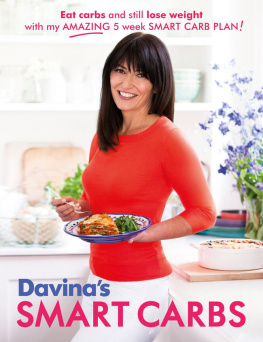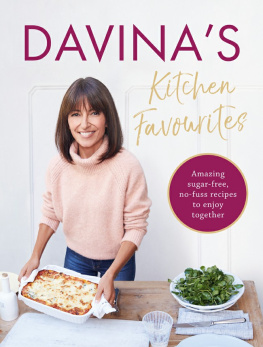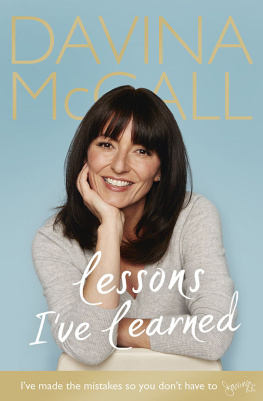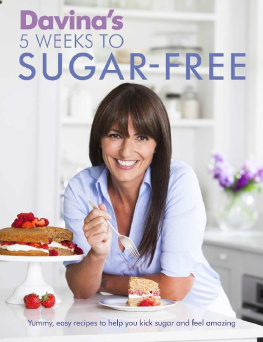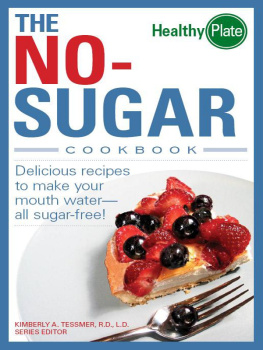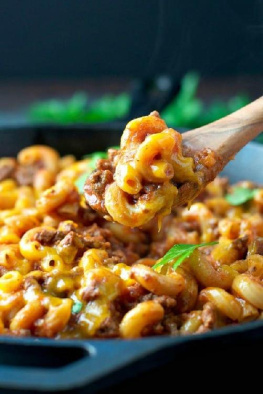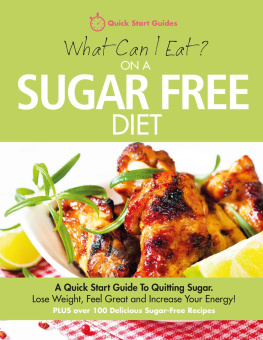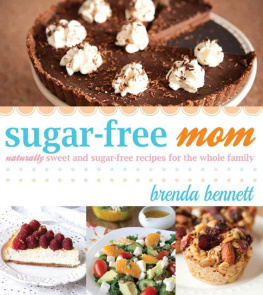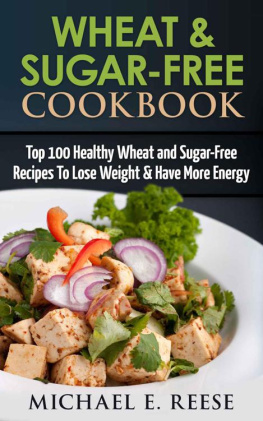This book is dedicated to Sarah. You are my person.

Contents

Life really is busy, isnt it?! We are all speeding around, trying our best to cook and eat healthily and feed our bodies what they need. But its all too easy to let things slip when time is short and you need a good meal on the table quickly.
I am in a hurry. Most of the time.
So thats why Im really excited about this new collection of refined sugar-free recipes which are completely yummy. Ive loved working with my team to develop these simple recipes that taste great and keep me and my family healthy and happy. The good news is that the ingredients dont cost the earth and the dishes dont take long to prepare and cook.
Theres everything here from soups and salads and scrumptious suppers to the most delicious cakes and puddings for the occasional treat. I guarantee that my latest chocolate brownies are the moistest, squishiest ever.
So, lets get it on and cook something up... in a hurry.

Ive learned so much since my first cookbook, 5 Weeks to Sugar-Free. Im loving cooking more and more and Im passionate about providing good healthy food for my family.
But OMG theres a bewildering amount of advice out there now. It seems like not only dietitians and chefs but also a whole gang of bloggers and home cooks are on Instagram and Twitter, telling us what and what not to eat, giving us their version of the latest superfood diet and what to do about yo-yoing blood sugar.
Good food doesnt have to involve crazy hard-to-find, expensive ingredients and huge amounts of time in the kitchen boiling up mysterious concoctions. Much as I love food and my family, I just dont have hours to spend on cooking.
I want fast, I want tasty, I want healthy.
Most of the recipes in this book dont involve chopping and stirring for hours and they use ingredients that you can find in most supermarkets. Yes, in the Weekend Specials chapter there are some recipes that take a bit longer, but thats mostly allowing time for meat to marinate to melting tenderness or for a stew to bubble its way to deliciousness in the oven. That means once youve done some speedy prep you can go off for a walk, a bike ride with the kids or even grab some me time, knowing that youll come back to a fab meal.
Whats important...
Im not a scientist or a food expert, but Ive found out so much from working on these books with great cooks and nutritionists. Im convinced that preparing your own meals from food that is as fresh and unprocessed as possible is what really counts. That way you know exactly what youre eating and you can control your portions and your salt and sugar intake.
Try to avoid convenience foods such as ready meals, prepared sauces and shop-bought cakes and biscuits. Buy stuff thats had as little done to it as possible and youll save money too. But that doesnt mean you cant use foods such as frozen peas and cans of beans and tomatoes, even ready-cooked quinoa and rice. They deserve a place in everyones larder and theyre great for getting a super-quick meal on the table youll see them crop up quite often in the recipes in this book for speeds sake.
Just get into the habit of checking the ingredients of anything you buy in a packet or tin. For example, look for cans of beans without added salt and sugar.
Nourishing food is a way of investing in yourself and your family. Youre storing up good health for the future. Health problems might start later in life, but the damage can be done much earlier, and its never too soon to start healthy eating. If you lay down the right habits for your children while theyre young, theyre more likely to eat well as they grow up.
Great reasons to eat well and cut down on refined and processed foods
Helps you look younger and feel better it just does!
Helps build a strong body and maintain health.
Helps you deal with stress and prevents energy dips.
Helps you sleep properly and perform well the next day. If you dont sleep well youre more likely to crave junk food and get overweight.
Blood sugar, clean eating and superfoods the lowdown
So everyone is talking about blood sugar now and the rise in diabetes. I didnt really understand it all completely so Ive talked to people who do. Ive been back to Fiona, my lovely nutritionist, to get the lowdown on that and other things Im not clear about.
D: Can you explain the whole blood sugar thing to me?
F: We all need some sugar or glucose to be technically correct in our blood because it supplies energy to the cells around the body, but the amount of glucose needs to be tightly controlled. Too much is bad news, but so is too little and the body has sophisticated mechanisms to control the levels.
During the digestive process, carbohydrates (like bread, rice and fruit) need to be broken down into glucose before they can be absorbed into the blood. After eating carbs, levels of glucose in the blood start to rise and once this happens the body responds by producing the hormone insulin, which takes glucose out of the blood into the cells, where it can be used for energy. Glucose levels in the blood then start to fall again. Any glucose that isnt used for energy by the cells is converted into something called glycogen and is stored some in the muscles and some in the liver but the rest is converted to fat, which is stored around the body.
When blood glucose drops below a certain level the body responds by producing another hormone called glucagon, which triggers the conversion of glycogen stored in the muscles into glucose. This is then released back into the bloodstream restoring levels to normal thats how blood glucose levels are maintained at a normal range between meals.
D: So when I feel a bit weak and wobbly is that my blood sugar? And what do I do when I feel like that? Its tempting to reach for a chocolate bar, but I know thats bad!
F: When blood glucose levels start to drop, which is a condition called hypoglycaemia, you start to feel weak, wobbly and hungry. Other symptoms include poor concentration, dizziness and headaches and this is your bodys way of telling you that you need to eat. There are couple of things you can do to reduce the risk of hypoglycaemia. The first isto eat little and often have three small meals with a couple of healthy snacks in between. The second is to make sure you choose what nutritionists call slow release or low GI carbs (smart carbs). These are carbohydrates that are digested and converted into glucose slowly so they produce a slow, steady supply of glucose into the bloodstream over a longer period of time. This way your blood has just enough glucose to keep it happy not too much, not too little.
The Glycaemic Index is a term used to describe how quickly a carbohydrate is digested and converted into glucose in the blood. High GI carbs, like French bread, chips and mashed potato, are broken down into glucose very quickly so they cause a rapid spike in blood sugar levels, causing the body to respond by producing a big slug of insulin.

